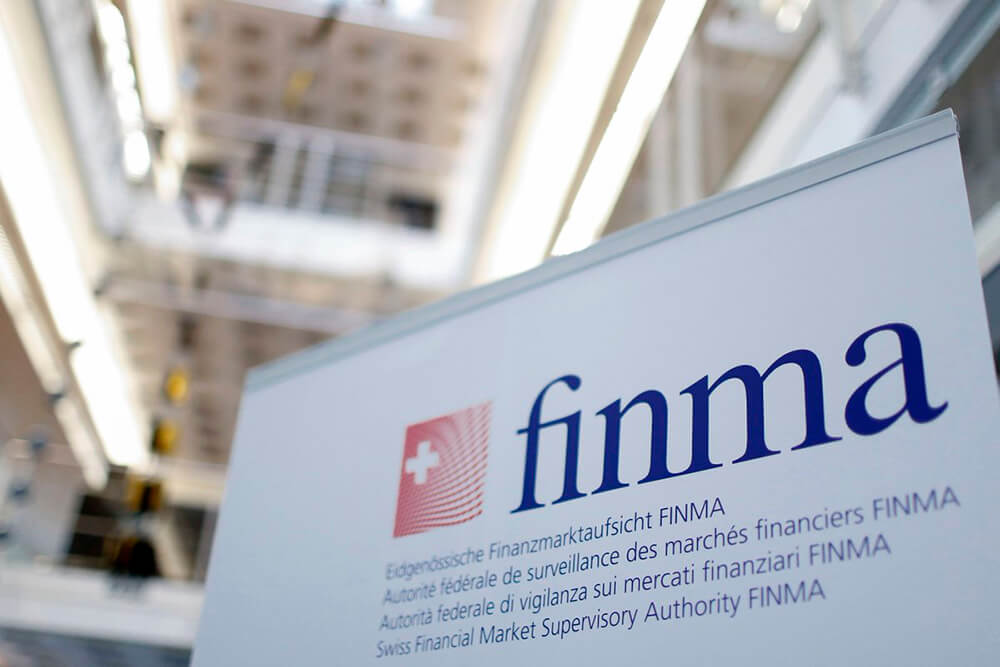Crypto-assets should be assigned a flat risk weight of 800% – Swiss financial watchdog, FINMA, has been advising financial institutions.
FINMA Sets Tough Restrictions
The Swiss Financial Market Supervisory Authority (FINMA), has yet to take an official stand on how crypto-assets should be merged into Basel III capital requirements.
However, it was reported earlier by swissinfo.ch that FINMA in a letter to EXPERTsuisse, an association representing Swiss trustees and accountants, has recommended that crypto-assets should be risk weighted at eight times their market value by banks while calculating “loss-absorbing capital buffers”.
The letter said:
FINMA has recently received an increasing number of enquiries from banks, and securities dealers holding positions in crypto-assets and are subject to capital adequacy requirements, risk distribution regulations and regulations for the calculation of short-term liquidity ratios.
FINMA advises financial players that digital assets should be “assigned a flat risk weight of 800% to cover market and credit risks, regardless of whether the positions are held in the banking or trading book” until Basel Committee on Banking Supervision comes up with its recommendations.
Cap on Crypto-Trading
A risk weight of 800% is towards the higher end of the range. This indicates that FINMA considers cryptocurrencies as a volatile asset class. According to experts, this puts cryptocurrency trading at par with hedge fund market activity.
While Bitcoin is currently priced at around $6400, a bank should consider the value as $50,000 on its books for the calculation of risk-weighted worth. The bank must thus keep aside a large portion of capital to cover potential losses while trading cryptocurrencies.
The regulator has also set a cap on cryptocurrency trading. FINMA recommends 4% of total capital when adding both long and short positions. Institutions have been advised to report when they hit the limit.
The regulator believes that cryptocurrencies cannot be considered as a highly liquid asset when finding liquidity ratios (the amount of cash or capital banks must keep aside to cover short-term losses).
Which Institutions Does It Apply To?
In addition to traditional financial institutions and banks, the guidelines may also apply to the crypto banks that are being established in Switzerland.
SEBA is one such bank that has applied for a license to be able to operate a bank along with crypto-based services. Guido Bühler, CEO of SEBA reportedly told swissinfo.ch:
SEBA acknowledges the guidelines which may be justified for certain models on how crypto assets are handled and held. We believe that the guidelines have a limited impact on SEBA’s business model.
The Bitcoin Association Switzerland said, “It’s encouraging to see banks no longer turning down the increasing number of client requests for crypto services but asking for guidance and providing their input along the way,” adding, “This is the Swiss financial centre’s first step towards moving into the next decade where assets are no longer held in a single, central custody but instead are held on the blockchain.”
The Basel committee is expected to meet on November 26-27 when it may come up with its stance on cryptocurrencies within the traditional financial institutions.
What are your thoughts on the guidelines set by FINMA? Let us know in the comments below.
Images courtesy of ShutterStock and Twitter/@FINMA_media




